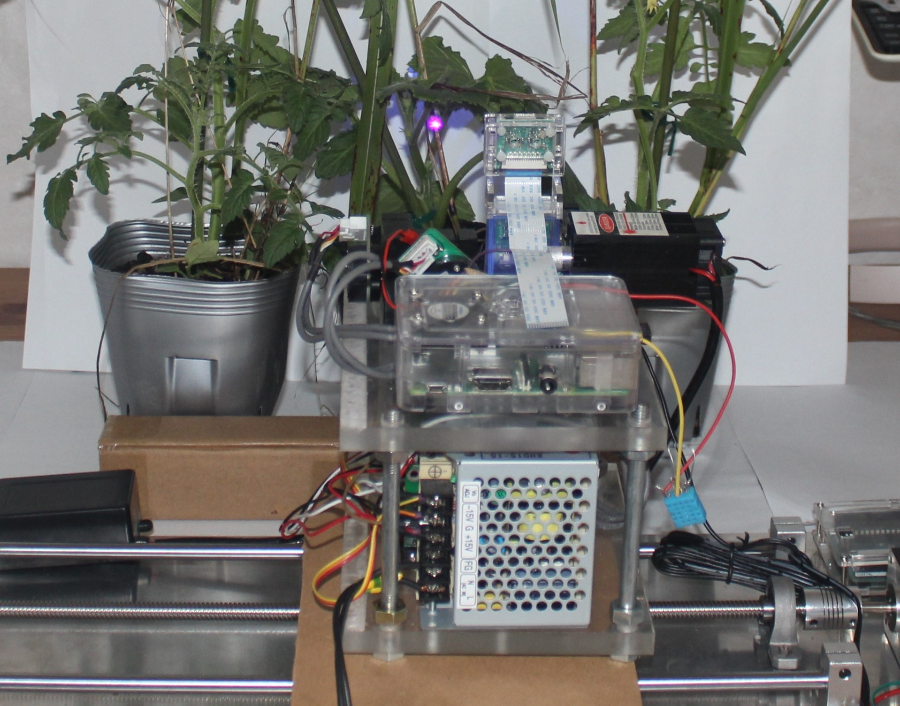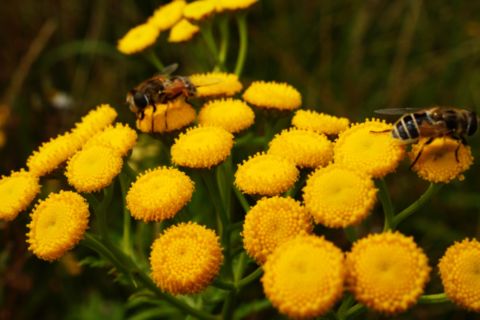Graduates of South Ural State University master the most modern specialties and become true professionals in their fields. They work in various spheres ranging from rocket engineering and metallurgy to information technology and architecture. Today we have talked with a young scientist, Candidate of Sciences (Engineering) Ildar Rakhmatulin, a graduate of the SUSU Faculty of Power Engineering. After receiving his Candidate degree in engineering, he went to work in Tokyo. Now he takes part in non-standard scientific projects. For example, he creates laser devices to control mosquitoes and locusts.
- Which SUSU faculty did you graduate from? Please, tell us a bit about your studies here.
- I graduated from the Department of Power Stations, Grids and Electric Power Systems of the Faculty of Power Engineering. There were different courses, but the most difficult one was the course on the “Transient Processes in Electrical Systems”. My teacher, Yuri Korovin, helped me and many other students to understand that difficult subject. That instilled in me confidence in my abilities; I realized that if you wanted, you could figure everything out. Student life is a series of bright events. However, the most important things are friends and the time spent with them. I appreciate the fact that we still keep in touch despite time zones and kilometres.
 ученых и бизнесменов
ученых и бизнесменов
- What is your life like after graduation?
- After graduating from the university in 2010, I started working in production. For a year I worked as an electrical engineer in a design organisation for the installation and adjustment of automatic control systems, but later I decided to continue my studies and applied to the postgraduate programme. I am very grateful to Irina Kirpichnikova for believing in me. Thanks to her, I still do what I really like. I successfully defended my thesis of a Candidate of Sciences. Now I live and work in Tokyo. The Japanese company liked my idea of creating sun tracking devices. This is the project that I'm currently working on.
- What other interesting research studies have you participated in?
- Recently, in the collections of the first and second quartiles, the articles on development of a device for tracking insect pests, mosquitoes and weeds with their subsequent neutralization using a laser have been published. My preprint is currently the third most viewed page on preprints, and the number one technical article by page views and downloads. I have received many letters and suggestions and realized that the geography of the device is more extensive than I have imagined. For example, protecting bees from the Asian hornet is a huge problem in southern Europe. This publication has prompted many scientists and businessmen to follow this field, and people who have already begun to develop similar devices write to me.

- You have been creating laser pest control devices?
- The prototype was made more than a year ago, since publication in magazines took quite a long time. At the moment, the device has been completely updated; it is possible to use deep neural networks to detect an unwanted object. Ultimately, the goal is to create a portable device for installation on vehicles in the field. In the future, this will help to destroy weeds and pests without the use of toxic substances. The idea itself is not new, but analogues and prototypes are extremely expensive. The main difference in our research is that we work in the low-cost segment, we create the initially available technology.
- What advice would you give to modern students?
- Student years is a time of gaining knowledge and experience. I would suggest focusing on that. If there is no financial need, then you should not rush to get a job while training. Dedicate all the time to your studies, it's worth it!




